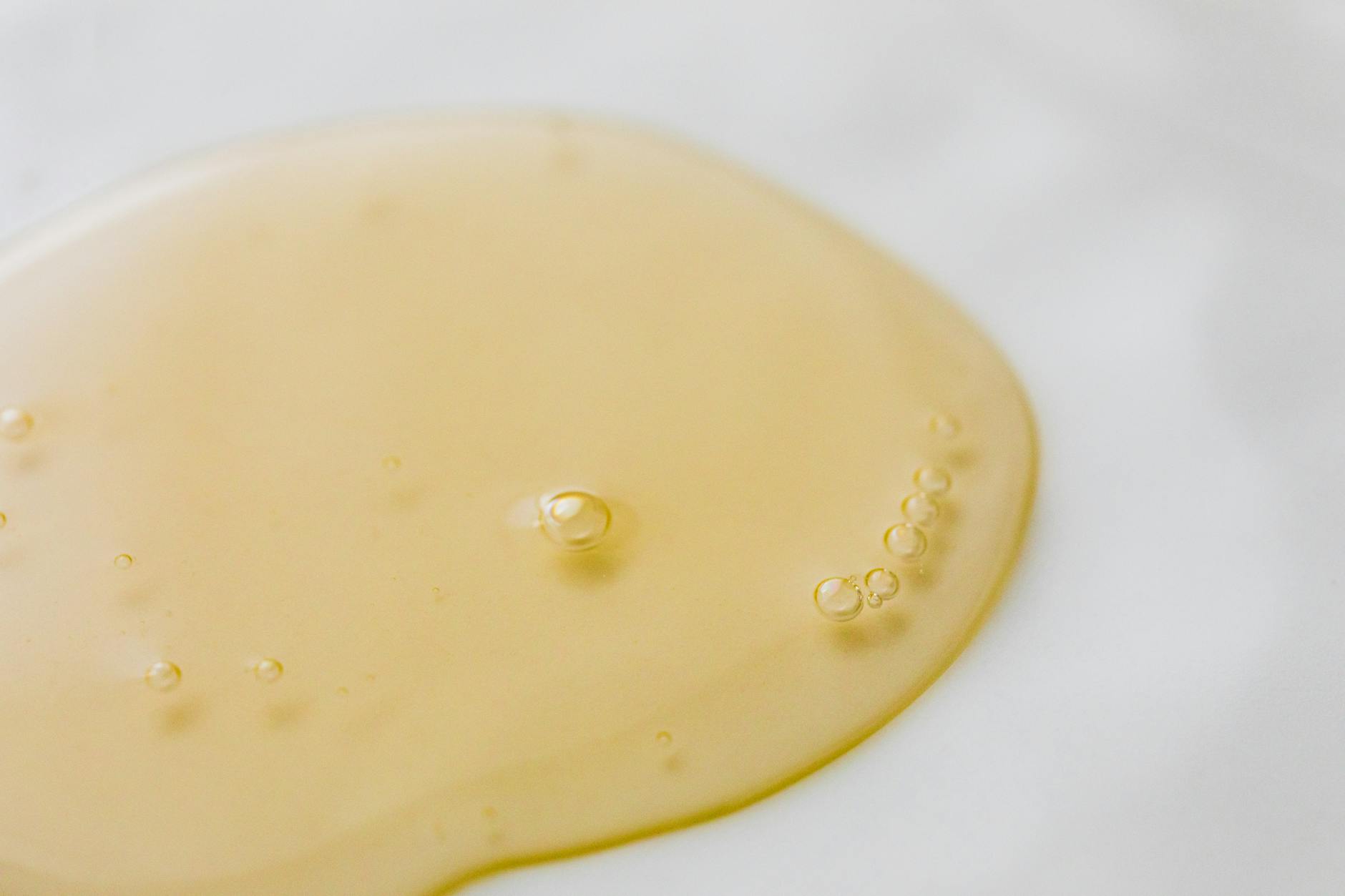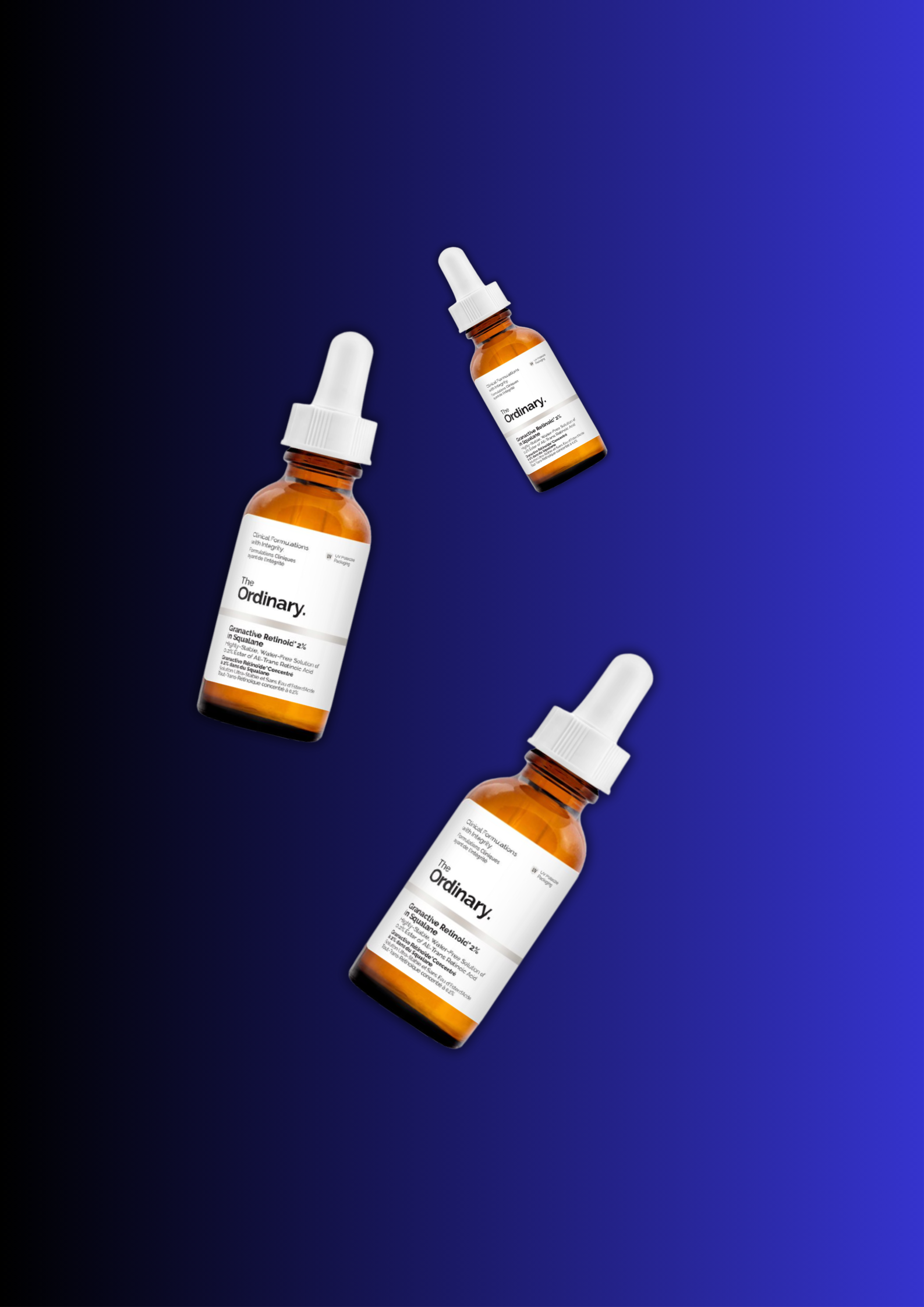In the realm of skincare, certain ingredients stand out for their remarkable efficacy, and one such ingredient is azelaic acid.
You might have heard about its potency in treating various skin concerns, but what exactly is it, and how can it transform your skincare routine?
What is azelaic acid?
Azelaic acid is a naturally occurring dicarboxylic acid found in whole grains like barley, wheat, and rye. It’s also produced by a type of yeast that lives on normal skin.
In skincare formulations it is synthesized and used for its therapeutic properties. This multifunctional ingredient boasts anti-inflammatory, antibacterial, and keratolytic properties, making it a versatile solution for various skin concerns.
Benefits
- Acne Treatment: Azelaic acid is highly effective in treating acne due to its ability to reduce inflammation, unclog pores, and inhibit the growth of acne-causing bacteria. It also helps to fade post-inflammatory hyperpigmentation (PIH) associated with acne, promoting a clearer complexion.
- Rosacea Management: For individuals struggling with rosacea, azelaic acid offers relief by calming redness and reducing the formation of papules and pustules characteristic of this skin condition. Its anti-inflammatory properties soothe sensitive skin, making it an excellent choice for rosacea-prone individuals.
- Hyperpigmentation Reduction: It is also renowned for its ability to fade dark spots, melasma, and other forms of hyperpigmentation. By inhibiting melanin production and promoting cellular turnover, it helps even out skin tone and reveal a brighter, more radiant complexion.
- Anti-aging Effects: Beyond its acne-fighting and brightening properties, azelaic acid exhibits mild exfoliating effects, which can improve the appearance of fine lines, wrinkles, and uneven texture over time. Regular use can help rejuvenate the skin and maintain a youthful appearance.
How to use
Azelaic acid is available in various formulations, including creams, gels, and serums, with concentrations typically ranging from 5% to 20%.
Start with a lower concentration to assess your skin’s tolerance, then gradually increase the strength as needed. Incorporate it into your skincare routine by applying it once or twice daily, following cleansing and before moisturising. Remember to use sunscreen during the day, as azelaic acid may increase skin sensitivity to UV radiation.
Conclusion
Azelaic acid stands as a skincare powerhouse, offering a plethora of benefits for acne, rosacea, hyperpigmentation, and aging skin. Its gentle yet effective nature makes it suitable for all skin types, including sensitive skin. By incorporating it into your skincare regimen, you can achieve clearer, brighter, and more youthful-looking skin.
Whether you’re battling acne, seeking to even out your complexion, or aiming to address signs of aging, this ingredient could be the key to unlocking your skincare goals.
-

5 of the Best Rated Retinol Products
Are you looking to incorporate retinol into your skincare routine but overwhelmed by the plethora of options available? Look no further! We’ve scoured the internet to bring you five of the best rated retinol products that are sure to rejuvenate your skin and turn back the clock on aging. Whether you’re targeting fine lines, wrinkles,…
-

Glycolic Acid vs Tretinoin
Glycolic acid vs tretinoin are two heavyweight skincare ingredients are potent and effective ingredients. Using both may not lead to the best results. Their potencies can be damaging for the skin barrier if used incorrectly. So how do you choose which is right for you? Join us as we unravel the differences between glycolic acid…
-

Niacinamide vs Glycolic Acid
Niacinamide vs glycolic acid. These ingredients boast remarkable benefits, but how do you choose the one that suits your skin best? Let’s delve into the specifics of them to empower you to make a well-informed decision. Niacinamide Niacinamide, also known as vitamin B3, has gained immense popularity in recent years for its versatile benefits for…




Leave a Reply